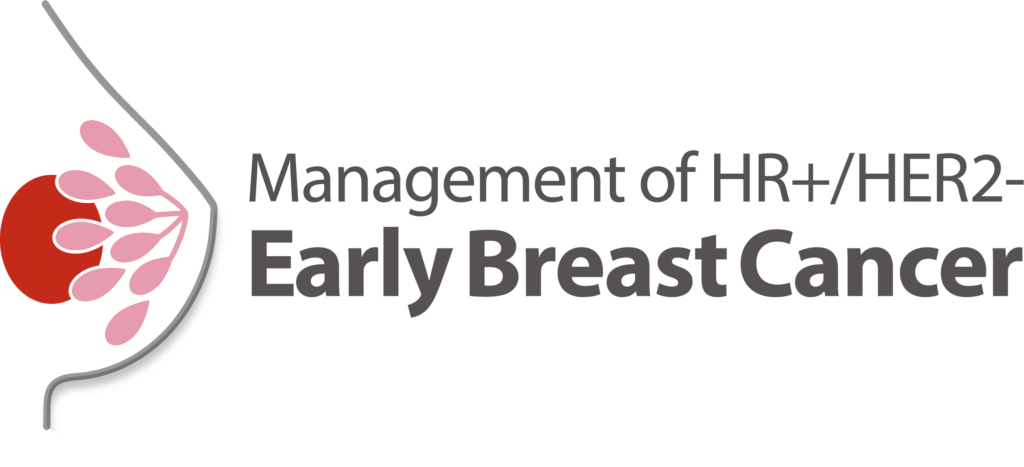medwireNews: The 10-year findings from the DATA trial have shown no significant benefit of extending aromatase inhibitor (AI) treatment beyond 5 years of sequential therapy in the full study population of postmenopausal women with hormone receptor-positive breast cancer.
Extended therapy, therefore, cannot be recommended for all postmenopausal patients, said presenting author Vivianne Tjan-Heijnen (Maastricht University Medical Centre, the Netherlands) at the ESMO Congress 2022 in Paris, France, but added that it could be considered for certain subgroups.
Discussant Lucia Del Mastro (IRCCS Ospedale Policlinico San Martino, Genova, Italy) noted, however, that the DATA results were similar to those of the GIM4 and NSABP B-42 trials of extended AI therapy, albeit without achieving statistical significance.
She therefore believes that the current findings “reinforce the evidence that in postmenopausal women with breast cancer who received 2–3 years of tamoxifen, extended treatment with 5 years of AI improves disease-free survival [DFS] compared with the standard 2–3 years of AI.”
In the phase 3 study, 1660 patients who were disease-free after 2–3 years of adjuvant tamoxifen were randomly assigned to receive anastrozole 1 mg/day for 6 years or 3 years. Approximately three-quarters of patients in each arm had estrogen receptor (ER)- and progesterone receptor (PR)-positive tumors, while the remaining had tumors positive for just one receptor type. The majority (around 90%) had HER2-negative tumors.
Tjan-Heijnen reported the final analysis, which showed a 10-year rate of adapted DFS – defined as DFS from 3 years after randomization onwards – of 69.1% among participants who received 6 years of anastrozole and 66.0% for those given the AI for 3 years. This equated to an absolute difference of 3.1 percentage points favoring the extended therapy group, but the hazard ratio (HR) of 0.86 was not statistically significant (95% confidence interval: 0.72–1.01).
Of note, subgroup analysis showed a significant adapted DFS advantage with 6 versus 3 years of anastrozole for women with both ER- and PR-positive disease, at an HR of 0.77 and an absolute difference in 10-year rates of 6.4 percentage points. But there was no such benefit for those with tumors positive for just one receptor.
The investigator pointed out that the magnitude of the adapted DFS benefit in ER- and PR-positive patients increased with the presence of additional poor prognostic factors. Specifically, among those who also had node-positive disease, the HR was 0.74 and the 10-year absolute difference was 8.0 percentage points, while for those with node-positive disease and tumor size of at least 2 cm, the corresponding values were 0.64 and 13.6 percentage points.
She also presented the adapted overall survival (OS) data, and again there was no significant difference between the 6- and 3-year therapy groups, with 10-year rates of 80.9% and 79.2%, respectively (absolute difference=1.7 percentage points), and a nonsignificant HR for death of 0.93.
In subgroup analysis, there was a trend toward an adapted OS benefit with extended therapy in women with both ER- and PR-positive tumors, at an HR of 0.83 that just missed statistical significance, said Tjan-Heijnen.
In her concluding remarks, the presenter said that “hormone receptor status – both versus one positive – is an important predictive factor for extended endocrine therapy with an aromatase inhibitor and should be considered in the decision making for extending aromatase inhibition.”
She continued: “Prognostic factors, like nodal status and tumor status, may further help to identify patients who will experience the highest absolute benefit from extending aromatase inhibition.”
medwireNews is an independent medical news service provided by Springer Healthcare Ltd. © 2022 Springer Healthcare Ltd, part of the Springer Nature Group
ESMO Congress 2022; Paris, France: 9–13 September
Author: Shreeya Nanda

